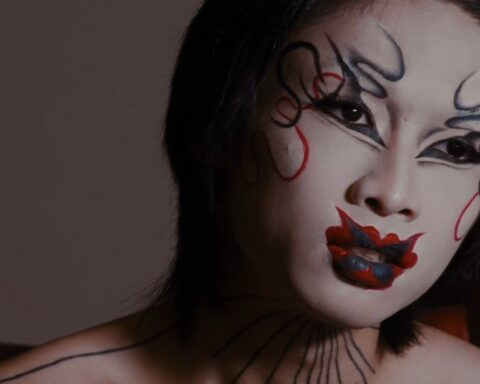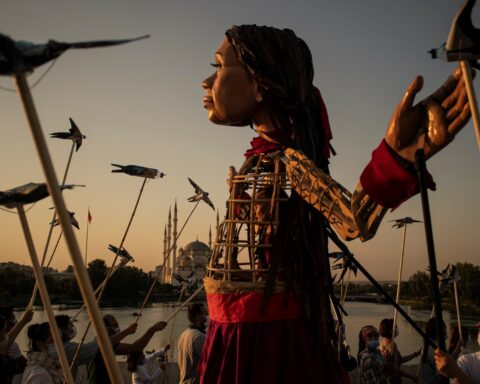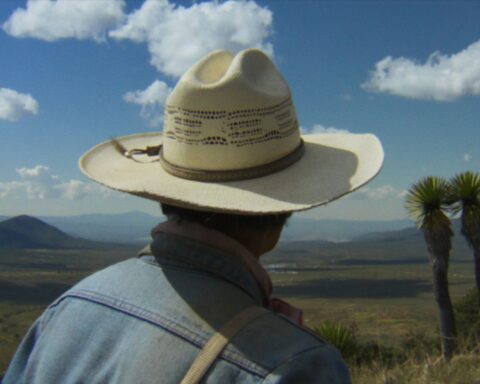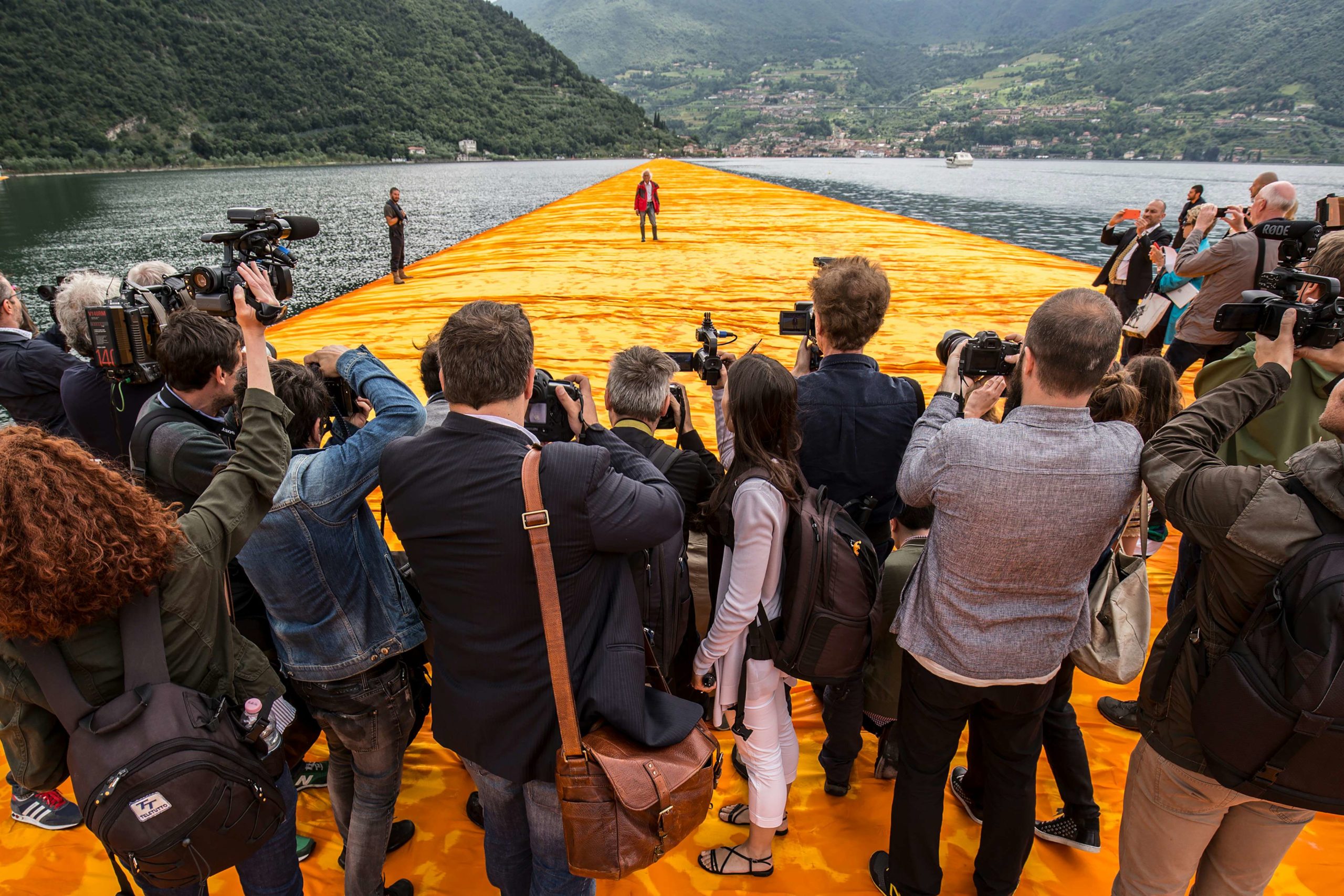The students of Toronto’s Islamic Foundation School (IFS) have the same stresses and worries that most kids their age do. Concerns over fitting in, being cool, preparing for the future, and fulfilling expectations set by parents are headaches felt by most teens. But the students of IFS have an additional anxiety not faced by most kids in other schools: Islamophobia.
The new CBC doc 14 & Muslim offers a snapshot into the lives of Muslim students growing up in Canada at a time when prejudice and Islamophobia are on the rise and when ultra-conservatism and white supremacy are sadly making a comeback. Justin Trudeau ackknowledge in Parliament that Canada has a problem with Islamophobia, while footage in doc sees an all-too recent white supremacist rally in Toronto that could have easily erupted into the violence seen down south. The fears are real.
Directed by Wendy Rowland and produced by Cornelia Principe with The World Before Her’s Nisha Pahuja serving as executive producer, the doc follows IFS students like Sahar, Malaieka, and Ahmad as they confront what it means to belong in a multicultural society that claims to be open and accepting, but often acts the opposite. In between classes and recess at ISF, the students are required to practice red alarm threats in the event of an attack. When Donald Trump is instituting a blanket travel ban on Muslims that sees ripple effects of violence in Canada, like the January 2017 mosque shooting in Quebec City, the students face an extra fear that kids in other schools might take for granted.
14 & Muslim looks into the students’ lives when they are at a crossroads. Following their graduation from the eighth grade, IFS students have the option to continue in the private school, which offers standard Ontario curriculum with additional coursework and frameworks to complement their faith, or they can venture out into the larger community to attend public or Catholic high schools.
Malaieka, a natural leader and class valedictorian, plans to stay at IFS because she connects strongly with her faith and identity. She also worries that if she follows her older sister, who left IFS after eighth grade, she will encounter the same teasing her sibling faced in a classroom of diverse students who don’t understand or appreciate the significance of her hijab. Sahar, meanwhile, plans to pursue an International Baccalaureate programme at a neighbouring Catholic school and sees the faith-based education as a stepping-stone between the school she loved and a new community to explore. Ahmad, finally, just wants to play sports. As he tries out for the basketball team, shows off his skills, and gains confidence, he sees how his passion might translate into a career.
14 & Muslim sees the students thrown for an unexpected loop when IFS shuts its doors abruptly just two weeks before the school year is to begin. This aspect of the documentary appears randomly and is forgotten quickly. (The school seems to be back in business…) Rowland doesn’t dig deeply into the troubles of IFS, and there’s a whole other story that could be told in another 42-minute doc, but she finds nuggets of drama within these narratives. Each student must choose a new school regardless of his or her preparedness. All those red alert drills are now an everyday reality, but one the students must face themselves without a classroom of peers who face the same anxiety over being targeted for their faith.
Rowland lets the students articulate their hopes and concerns in interviews and candid observational moments. There are some valuable images and discussions here as the doc, for example, lets audiences eavesdrop on a group of young girls at IFS as they make sense of a recent attack at an Ariana Grande concert for which ISIS claimed responsibility. Kids shouldn’t have to worry about being swept under an unfair stereotype when an extremist group commits an act of senseless violence. The interactions 14 & Muslim sees are mostly positive ones, especially as the students branch out into the community. (Malaieka, for example, shows a new friend some pictures of the full head of curly hair she chooses to cover with her hijab.) The students find that people are actually a lot more open-minded than one might think. It’s all a matter of respecting, acknowledging, and valuing how the diversity of experiences in any city, school, or classroom affords a wealth of perspectives.
Like other recent documentaries such as Things Arab Men Say, When Arabs Danced or In the Name of All Canadians, 14 & Muslim puts human faces on members of the Islamic community and encourages audiences to afford these students the same respect and consideration they give the community at large. It’s a fair corrective to one-dimensional portraits circulated by the media and, sadly, elected officials. One hopes the TV at the White House gets the CBC.
14 & Muslim premieres on CBC Docs POV on Friday, Sept. 21 at 9:00 pm.
In honour of Islamic Heritage Month, there will be a special screening of 14 & Muslim with filmmakers, film participants, and issue experts in attendance for a panel discussion on Monday, Oct. 15 at the Isabel Bader Theatre at 7:00 PM. Admission is free. (Register here.)












